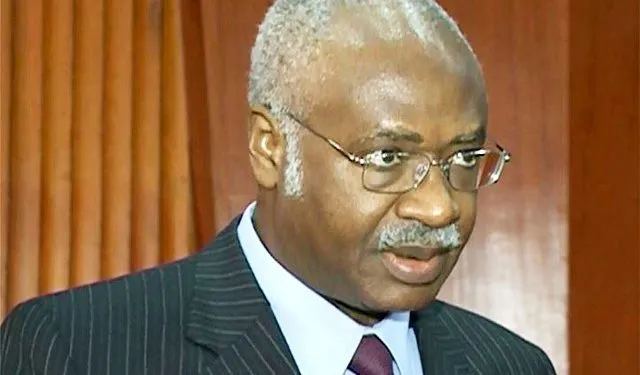Russia has become the first non-African country to express support for the candidacy of Cameroon’s former Prime Minister Philemon Yang, for the position of President of the United Nations General Assembly.
Georgy Todua, the Ambassador of the Russian Federation to Cameroon and Equatorial Guinea, made the revelation during a recent meeting with Cameroon’s Minister of External Relations, Lejeune Mbela Mbela.
Ambassador Todua attributed Russia’s endorsement of Philemon Yang to the strong cooperation between the two nations. “I have told the Minister that Russia is in support of the candidacy of Philemon Yang,” he said in an interview with state media outlet CRTV on Sunday, April 7.
This backing from Russia follows the unanimous nomination of Philemon Yang by members of the African Union for the UNGA presidency. Cameroon secured this endorsement after South Africa withdrew its candidate for the position.
Additionally, Philemon Yang received support from the Economic Community of Central African States (ECCAS) during its recent session in Malabo, Equatorial Guinea. He was introduced as a respected figure in the region during this event.
During a visit to Equatorial Guinea, Philemon Yang sought ancestral blessings at the Oku Palace. The local monarch bestowed upon him the blessings of the land as he pursued his aspirations for the position in the United Nations.
With Russia’s endorsement, Cameroon aims to further its diplomatic efforts to garner additional support for Philemon Yang, who currently serves as the Grand Chancellor of National Orders. If elected, he would succeed Denis Francis as the 79th President of the United Nations General Assembly.
Prior to his tenure as Prime Minister starting in 2009, Philemon Yang served as Assistant Secretary General to the President of Cameroon and spent two decades as Cameroon’s ambassador to Canada. He originates from Oku, Bui Division, in the North West region of Cameroon.
Yang was the Prime Minister of Cameroon when the Anglophone Crisis started in 2016. Many have questioned his inability to ensure that his government addresses the major grievances of the English-speaking population before the conflict turned violent in late 2017.



